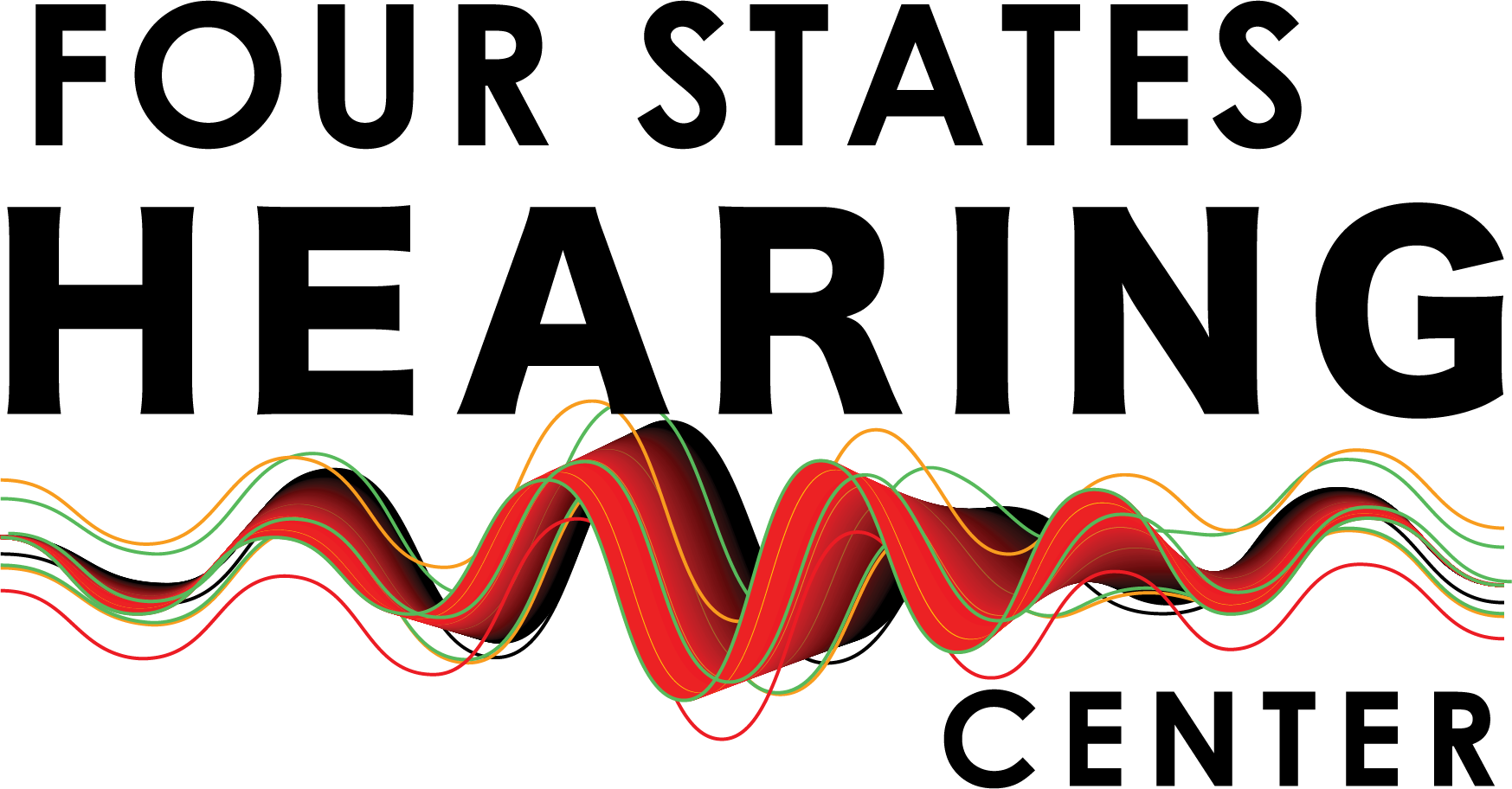Tinnitus can affect many parts of your day, from trying to focus at work to enjoying quiet moments at home or connecting with friends. At Four States Hearing Center, our audiologists work with you to understand the sounds you are hearing and how they impact your daily life. Together we explore strategies to manage tinnitus so it becomes easier to concentrate, relax and stay engaged in activities you enjoy. Finding the right approach helps you feel more in control and less distracted by constant ringing or buzzing.
Your hearing health plays a big part in how tinnitus is experienced. Our audiologists can evaluate your hearing, identify possible triggers and create a personalized plan that fits your lifestyle. This might include sound therapy, adjustments to hearing devices or simple changes to your daily routine that improve comfort and focus.
What is Tinnitus?
Tinnitus is when you notice sounds that don’t come from your surroundings. People often describe these sounds as ringing, buzzing, hissing, clicking or even a low roar, and they can appear in one ear, both ears or feel like they are inside your head. Tinnitus is a symptom rather than a condition itself, pointing to changes or disruptions somewhere in the hearing system, which includes the ear, the auditory nerve and the parts of the brain that process sound.
There are several factors that can lead to tinnitus. Exposure to loud noise can damage the delicate hair cells in the inner ear, making it harder for the brain to interpret sound accurately. Hearing changes that occur naturally with age can also contribute, as the inner ear structures gradually lose sensitivity. Other causes may include earwax buildup, which can block the ear canal and change the way sounds are perceived or certain medications that affect hearing.
Approaches to Managing Tinnitus
Tinnitus cannot be completely cured, but there are strategies that can make it easier to live with. Treatments generally aim to either reduce the contrast between the ringing and surrounding sounds, mask the tinnitus or adjust how your brain perceives it. The right approach depends on what is triggering your tinnitus and how it affects your day-to-day life.
Hearing Aids
Hearing aids can help if you have hearing loss alongside tinnitus. They make outside sounds clearer, which can make the ringing or buzzing less noticeable. Some devices also include built-in sound features that provide soft background noise to further mask tinnitus, making it easier to focus and stay engaged in conversations.
Sound Therapy
Sound therapy uses gentle sounds like white noise, flowing water or soft tones to help reduce the prominence of tinnitus. These sounds can be played through tabletop machines, small wearable devices or even phone apps. The goal is to give your brain something else to listen to, so the tinnitus feels less distracting, especially in quiet settings.
Tinnitus Retraining Therapy
Tinnitus retraining therapy pairs consistent low-level sound with counseling to help your brain adapt to the tinnitus signal. This program usually takes place over several months and is guided by an audiologist. Over time, the ringing or buzzing often becomes less noticeable and bothersome, making it easier to focus on daily activities.
Most people find that combining different approaches works best. Our audiologists can guide you in choosing the strategies that fit your lifestyle and provide the most relief.
